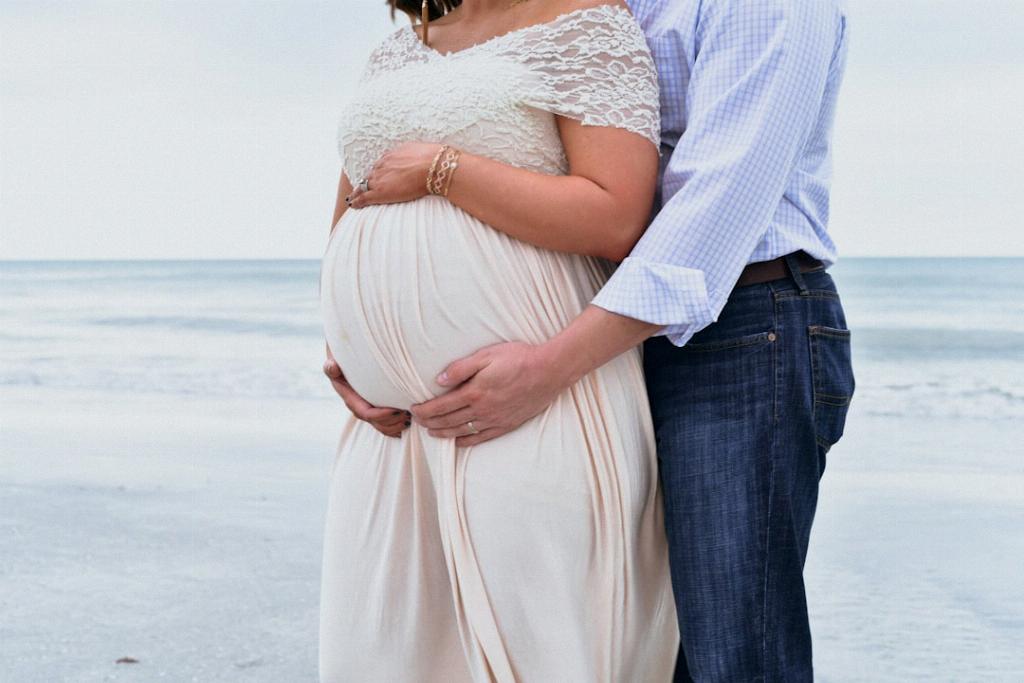Embarking on the path to motherhood is an incredible journey filled with excitement, anticipation, and sometimes a touch of apprehension. One of the first questions that may arise is: When does Week 1 of pregnancy actually begin?
Deciphering the Conception Timeline
When it comes to calculating the start of pregnancy, the process is a bit more complex than initially perceived. Contrary to popular belief, Week 1 of pregnancy doesn’t directly align with conception. Instead, it commences with the first day of your last menstrual period.
The Pre-Pregnancy Phase
In a somewhat surprising revelation, the initial two weeks after the start of your last period do not actually encompass pregnancy itself. During this time frame, your body is diligently preparing for ovulation, gearing up to release an egg from one of your ovaries.
Unveiling the True Commencement of Pregnancy
As you immerse yourself in understanding the nuances of pregnancy week 1, it is imperative to grasp that your "getting pregnant" timeline invariably commences with day 1 – the onset of your menstrual cycle.
Breaking Down Week 1 of Pregnancy
Week 1 of pregnancy essentially signifies the time from the first day of your last period until the expected date of ovulation. This phase is termed ‘pre-pregnancy’ as fertilization generally occurs around the midpoint of a woman’s menstrual cycle.
Setting the Stage for Conception
Week 1 serves as a crucial period wherein your body progresses through the initial steps that ultimately lead to conception. While you may not be technically pregnant during this time, your body is orchestrating the intricate dance of fertility.
Navigating the Ovulation Window
As you delve into the commencement of pregnancy week 1, it’s essential to keep an eye on your ovulation schedule. Fertilization typically occurs when a mature egg is released from the ovary and meets sperm in the fallopian tube.
The Path to Implantation
After fertilization, the fertilized egg, known as a zygote, embarks on a journey down the fallopian tube towards the uterus. Here, it undergoes several divisions and transformations before finally implanting itself into the uterine lining.
Embracing the Waiting Game
Following implantation, your body signals the initiation of pregnancy by producing hormones that sustain the developing embryo. While it may take a few days for this process to unfold, the anticipation sets the stage for the miraculous transformation ahead.
Reflecting on the Miracle of Life
Week 1 of pregnancy sets the tone for the remarkable journey you are about to embark on. This mystical period, filled with hope and anticipation, signifies the inception of a new life within you, paving the way for the wondrous chapters that lie ahead.
Celebrating Each Milestone
As you navigate through the intricacies of pregnancy, remember to cherish each milestone, no matter how small. From Week 1 and beyond, every moment is a testament to the incredible strength and resilience of the human body, culminating in the miracle of birth.
Embracing the Unpredictability
While the journey of pregnancy may be filled with twists and turns, uncertainties and joys, remember that each experience contributes to the tapestry of motherhood. Week 1 marks the beginning of this extraordinary voyage, guiding you towards the incredible destination that awaits.

